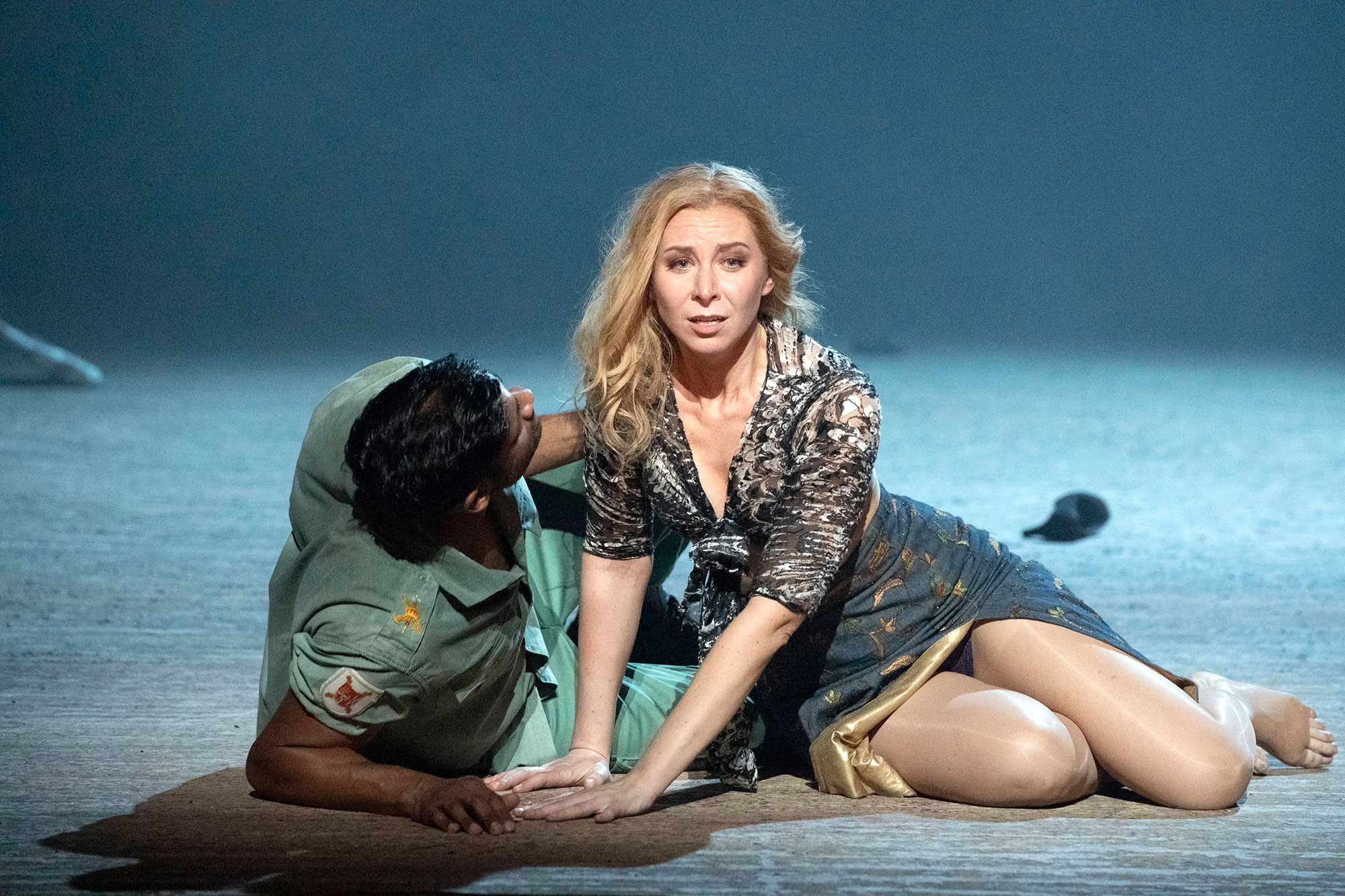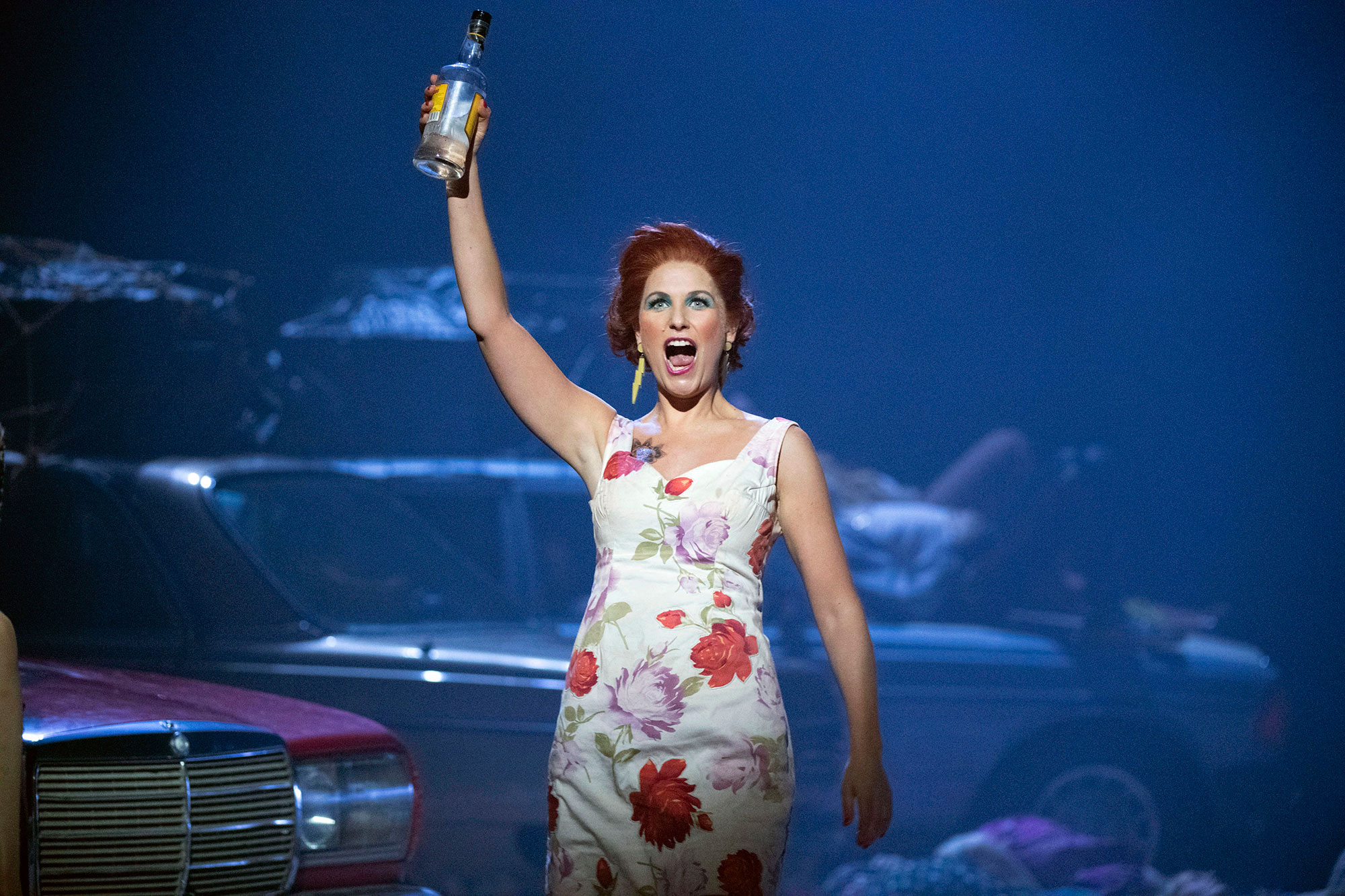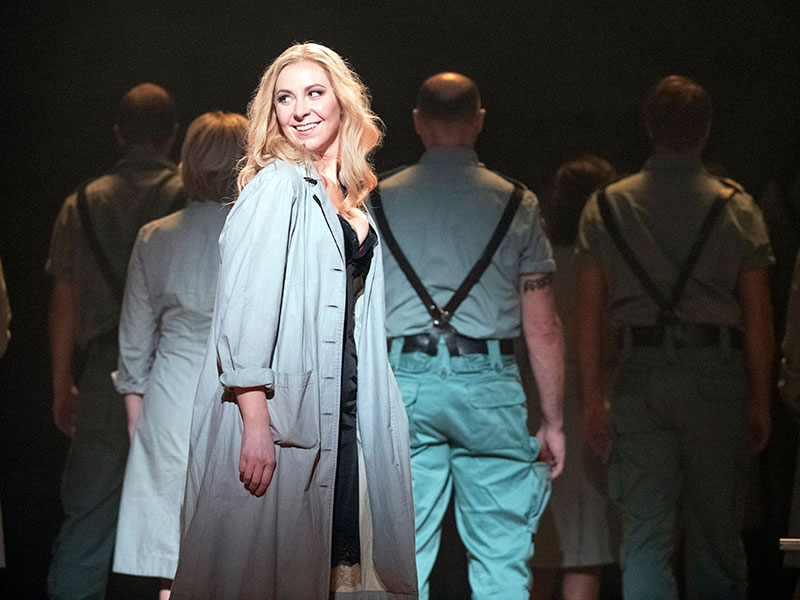Who’s Who, What’s What: Five Common Questions about Bizet's Carmen Answered
Video
Who’s Bizet?
Georges Bizet (1838–1875) was the typical underdog, whose life overlapped with Van Gogh in more ways than just dates.
Whilst he didn’t chop off an ear, Bizet was massively under-appreciated in his time, with half his works hardly registering as a success before Carmen came along.
Cut short by his early death, his life was nevertheless prolific, composing 15 operas, amongst other orchestral and choral works, by the age of 36. He also had a cracking beard.
Video
His most famous work?
Well, you’re here, aren’t you? Carmen was written in 1875, and was Bizet’s final work before an untimely death. Following the trend of his life, the premiere of the work wasn’t well-received, ranging from disappointment to outrage (with fellow French composer Gounod accusing Bizet of plagiarism (gasp)).
Carmen found success later in the year in Vienna and soon became the opera classic we know and love today. It’s now one of the most celebrated works in all opera.

What’s it about?
The opera follows José, a hopeless sap of a soldier, who is enchanted by Carmen, a saucy Spaniard with a penchant for smuggling.
We follow José in his pursuit of Carmen, losing his job, his childhood sweetheart and finally Carmen’s attention.
With mounting frustration and desperation, by the end of the opera José has nothing to lose and – spoiler alert – it doesn’t end particularly well for anyone!

What’s special about the music of Carmen?
Close your eyes and imagine what you think Spanish music sounds like: chances are, you’re thinking of music from Carmen. Not bad for music written by a Frenchman, eh? It’s all castanets and tambourines, seductive serenades and raucous revel – it’s spicy stuff.
Video
What’s the deal with this production?
So whilst the original productions set Carmen in 1820s Seville, this production by Calixto Bieito moves the drama to an early 1970s Spanish colony, near the end of dictator Francisco Franco’s regime.
Franco subscribed to a ‘traditional’ role of women in society, but our heroine has ideas to shatter these principles. Men – awful things really!
Video


